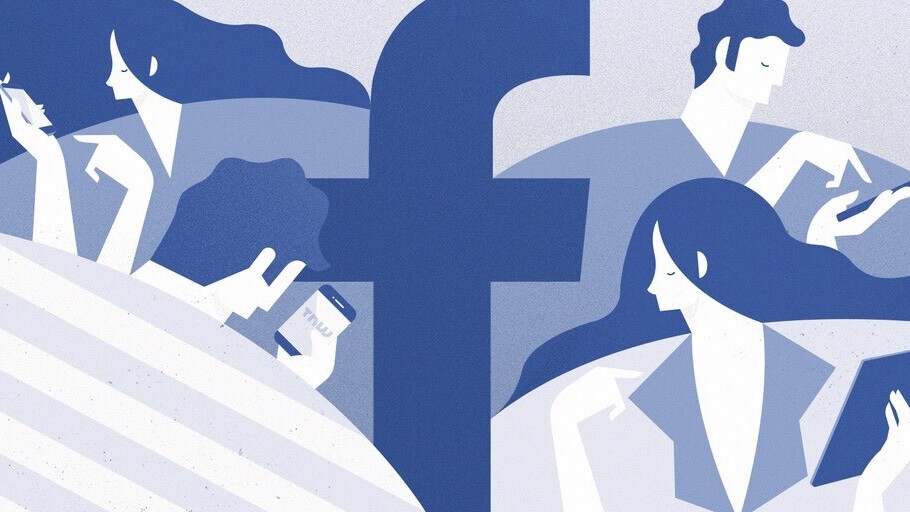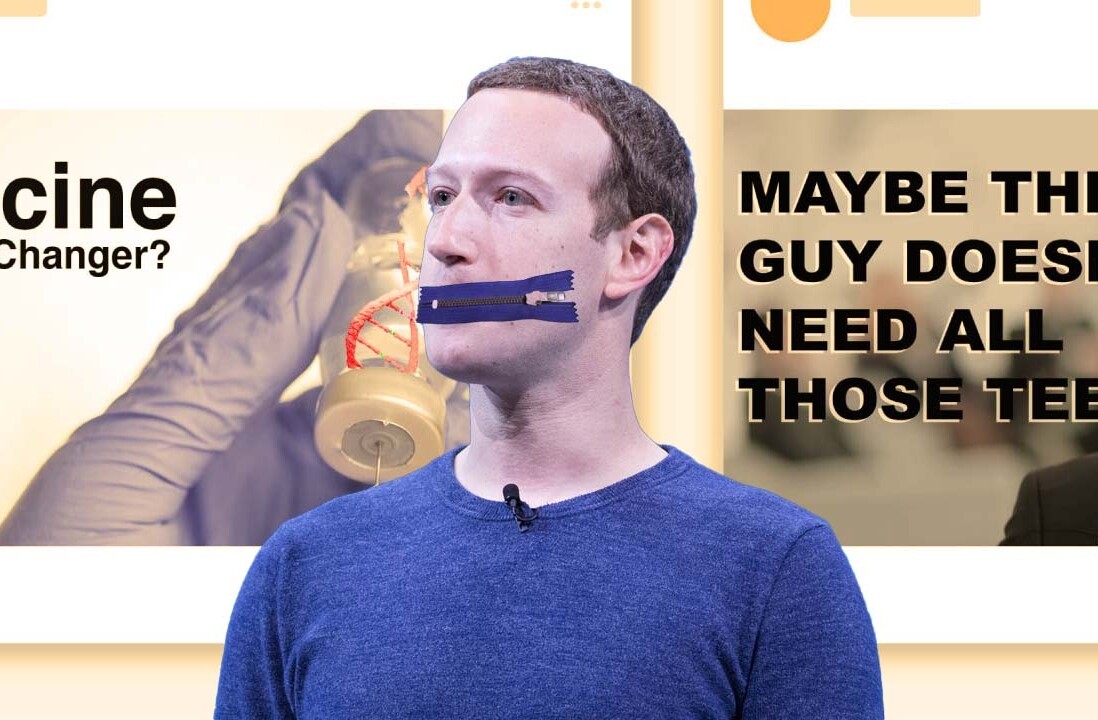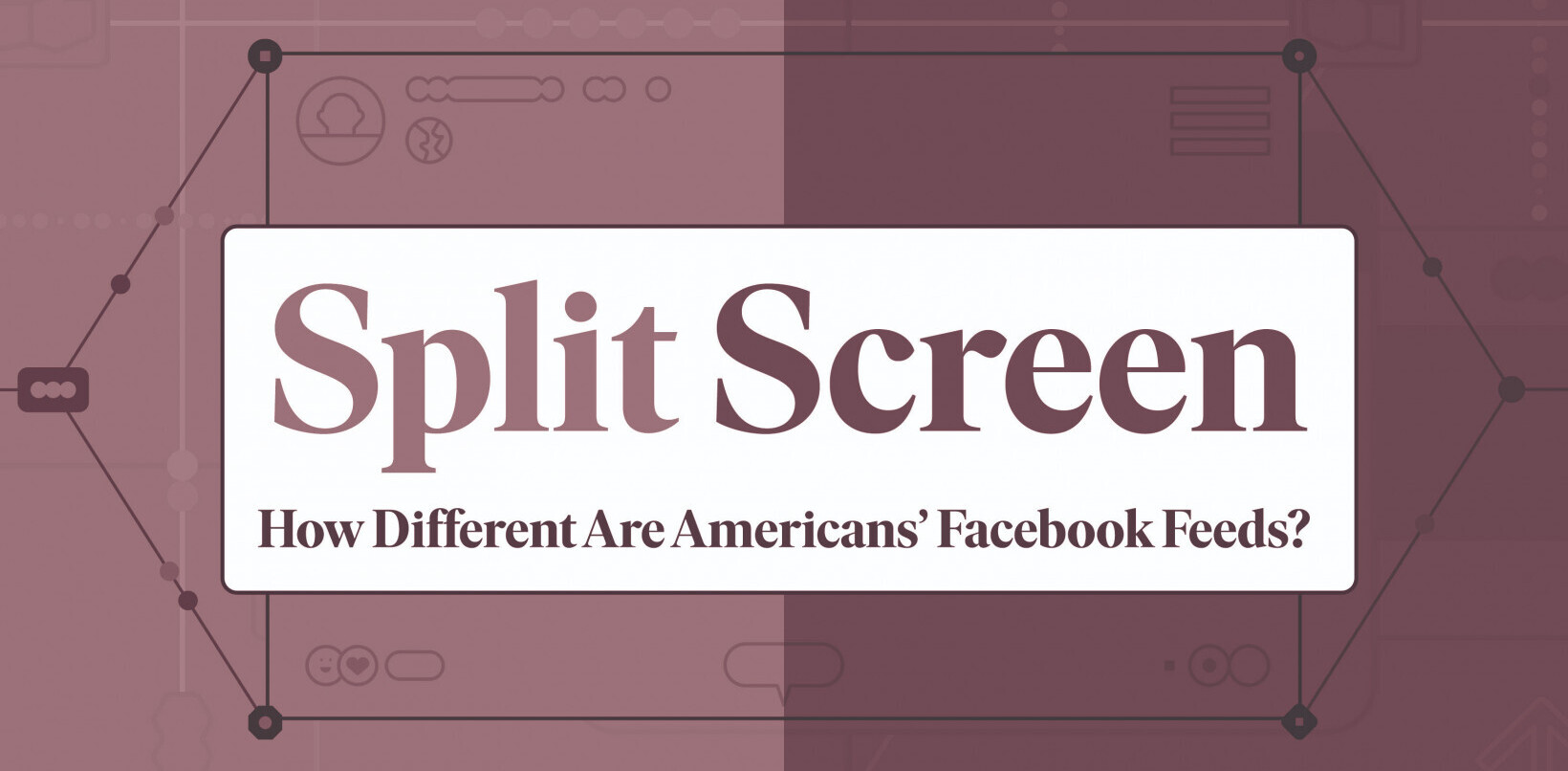
Facebook revealed today that it’s receiving more government information requests than ever before — but that it’s also taking less content down.
The company today released its Global Government Requests Report, which shows the number of request officials have made to Facebook for user data. The report also includes the number of items restricted or removed for violating local laws. It reads very similarly to Twitter’s transparency report released earlier this year.
In total, Facebook received 64,279 requests for data, a nine-percent increase from the first half of 2016. 26,104 of those requests come from the US, and Facebook complied about 83-percent of the time.
The idea that officials are asking for — and getting — more access to your information may sound scary, and Facebook notes that in half the cases, it was obligated by non-disclosure agreement to not inform the user their info was requested. Facebook insists, however, that it vets all requests, and it’s mostly helping the criminal justice system:
The vast majority of these requests relate to criminal cases, such as robberies or kidnappings. In many of these cases, the government is requesting basic subscriber information, such as name and length of service. Requests may also ask for IP address logs or account content.
Considering police have proved they can catch alleged killers with the help of Facebook, I think it could be a positive sign — or at the very least, not an outright negative one. That said, Facebook complains of government warrants overreaching and lacking the tools to sufficiently challenge “defective search warrants.” It also doesn’t say the exact number of requests not related to criminal investigation.
Facebook says that, while requests from government officials were up, content restriction was down. The company received 9,663 restriction requests during the first half of 2016, and 6,944 over the second half.
It’s important to note that Facebook thinks these numbers are skewed, and I agree. It got a number of requests to take down a single photo related to the Paris Bataclan terror attacks at the time the last two reports covered. So the numbers are not actually reflective of a global decrease in content restriction, just a lack of a single external catalyst.
via TechCrunch
Get the TNW newsletter
Get the most important tech news in your inbox each week.




